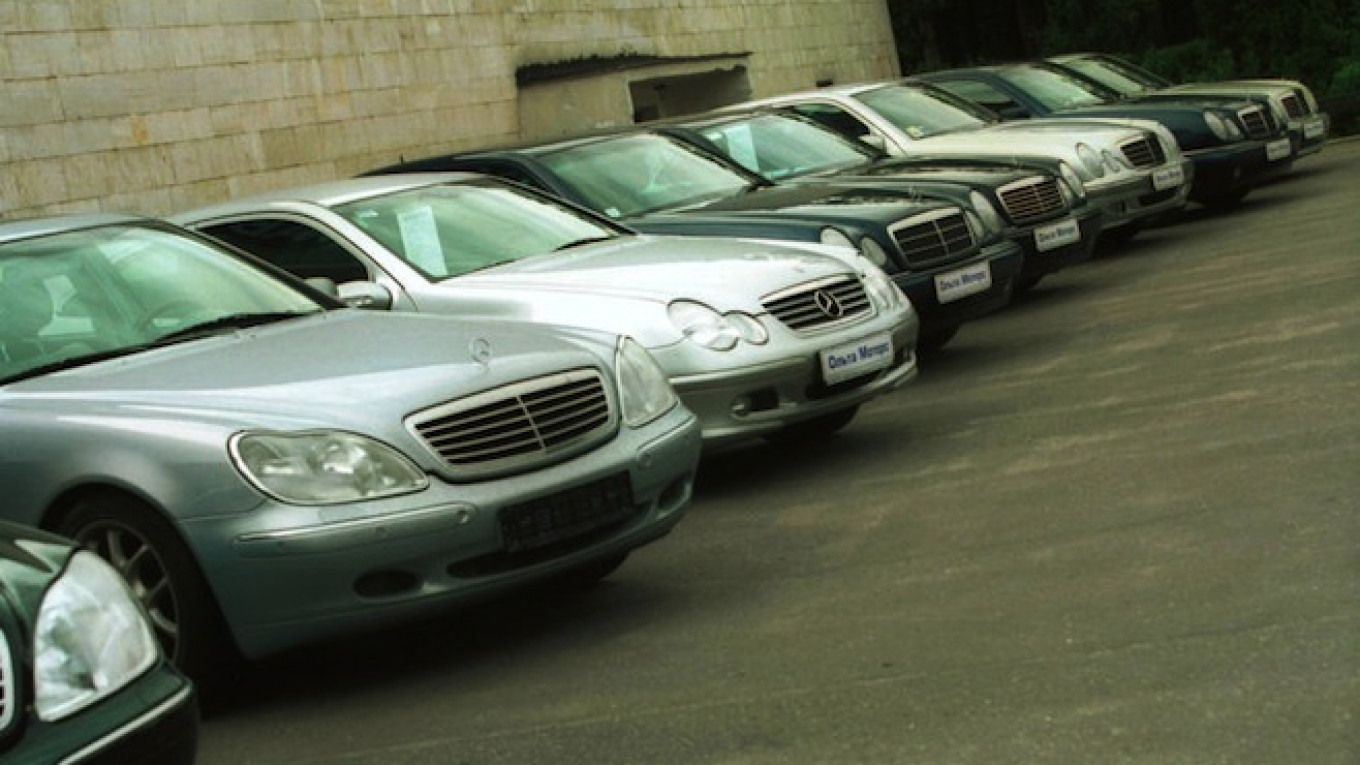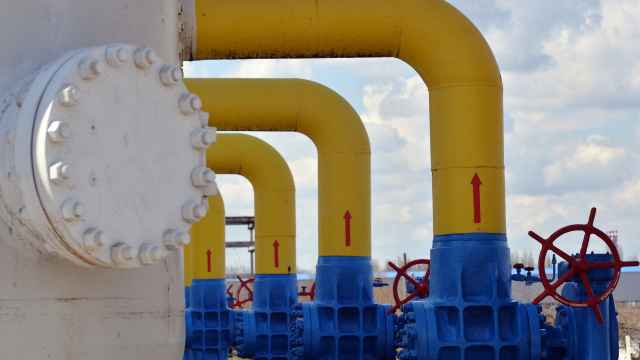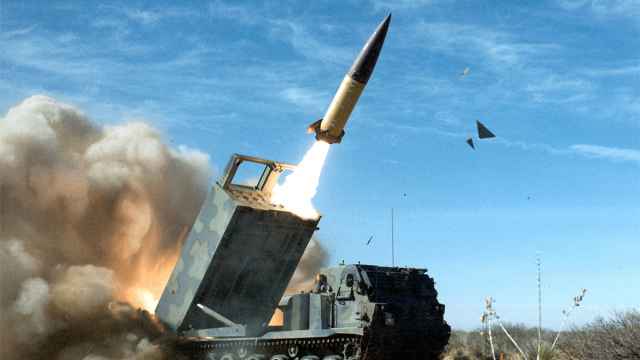BERLIN — A German business leader who had previously warned against economic sanctions on Russia has come out in support of tougher action if President Vladimir Putin fails to cooperate on stabilizing the situation in Ukraine.
"Business will implement what the government and EU decide. If they say Russia is not cooperating enough and we are applying tougher sanctions, we'll back that 100 percent," Eckhard Cordes of the Committee on Eastern European Economic Relations told the daily Handelsblatt in an interview published Friday.
Other business lobby groups have also begun taking a tougher tone against Moscow, especially since the downing of a Malaysian passenger plane last week over eastern Ukraine, which killed all 298 people on board. The incident has been widely blamed on pro-Russian separatists in the region.
Earlier on in the Ukraine crisis, business groups like the one Cordes presides over warned against tough sanctions on Russia, saying it could cost thousands of jobs in Germany's export-oriented industry and push up energy prices in Europe.
German exports to Russia dropped by 14 percent in the first four months of the year, according to official data, and Cordes has warned that the decline in trade is putting some 25,000 jobs at risk in Germany.
But as the European Union, the United States and allies add people and companies to their trade blacklists and inch towards wide sectoral sanctions, German business has begun speaking of the "primacy of politics" — while hoping for a ceasefire.
"If the price has to be paid, we will pay it," said Cordes.
He said proposed financial sanctions blocking Russian access to capital markets would be "the most painful and would have a very rapid effect," while sanctions affecting arms and energy companies would take longer to show an impact.
See also:
One in 4 German Companies With Foreign Business Hit by Russia Sanctions
A Message from The Moscow Times:
Dear readers,
We are facing unprecedented challenges. Russia's Prosecutor General's Office has designated The Moscow Times as an "undesirable" organization, criminalizing our work and putting our staff at risk of prosecution. This follows our earlier unjust labeling as a "foreign agent."
These actions are direct attempts to silence independent journalism in Russia. The authorities claim our work "discredits the decisions of the Russian leadership." We see things differently: we strive to provide accurate, unbiased reporting on Russia.
We, the journalists of The Moscow Times, refuse to be silenced. But to continue our work, we need your help.
Your support, no matter how small, makes a world of difference. If you can, please support us monthly starting from just $2. It's quick to set up, and every contribution makes a significant impact.
By supporting The Moscow Times, you're defending open, independent journalism in the face of repression. Thank you for standing with us.
Remind me later.






